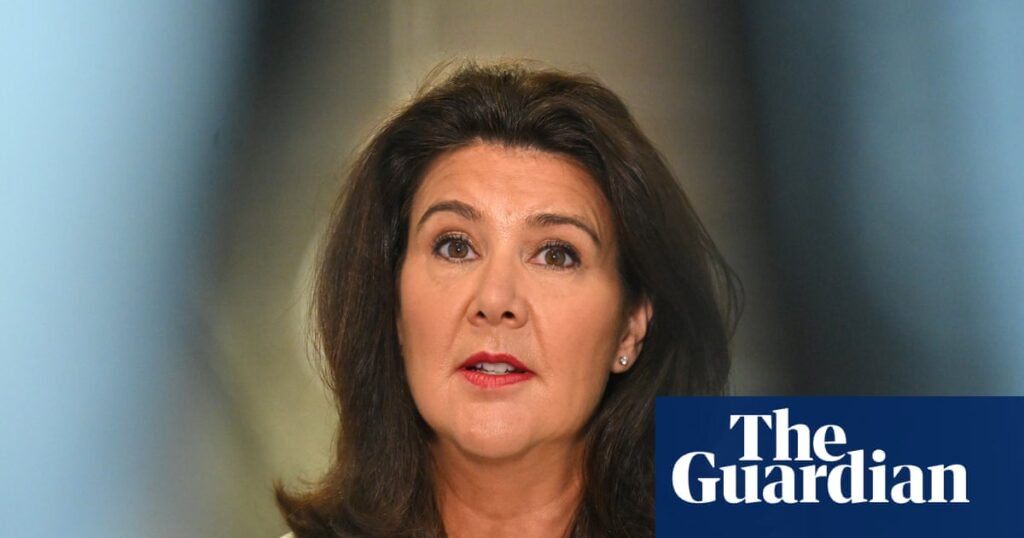
Liberal MPs in Australia have initiated a determined campaign to uphold the party’s commitment to net zero emissions, with warnings that abandoning this policy could lead to electoral losses in urban areas and damage Australia’s international standing. South Australian Senator Andrew McLachlan emphasized that the effort to maintain the net zero emissions target is “not over,” despite growing expectations that the Liberals might follow the Nationals in retracting the climate goal.
McLachlan, along with moderate Liberals Andrew Bragg, Jane Hume, and Maria Kovacic, publicly opposed the right faction’s push to discard the net zero by 2050 pledge, which was established during Scott Morrison’s tenure. This internal conflict has sparked concerns over the party’s direction and its impact on leadership dynamics.
Political Turmoil and Leadership Challenges
The internal debate over climate policy has become a significant challenge for Deputy Leader Sussan Ley, with a special Liberal party room meeting anticipated later this month. While some believe that dropping the net zero target could stave off leadership challenges from right-wing figures like Angus Taylor or Andrew Hastie, others argue it could provoke backlash from MPs who supported Ley’s leadership.
Tim Wilson, another prominent Liberal, dismissed suggestions that the party should align with the Nationals, asserting that the Liberals are not the “National party-lite” and should establish their own stance on climate policy.
Implications for Urban Electorates and International Relations
Retaining a commitment to net zero emissions is crucial for some Liberal MPs, who warn that abandoning the policy could lead to electoral setbacks, particularly in city electorates. McLachlan cautioned that scrapping the net zero target would regress the party’s climate policy further than during the leadership of Morrison and Peter Dutton, whose lack of strong emissions policies contributed to the loss of urban seats to Labor and independent candidates in recent elections.
“If we retreat from achieving net zero, we will pay dearly in city electorates. Our reputation as a nation that keeps its promises will be diminished. Our Pacific friends will be betrayed,” McLachlan stated.
Bragg, Kovacic, and Hume have all underscored the importance of adhering to the Paris Agreement, arguing that breaking away from it would harm Australia’s global reputation and economic interests.
The Paris Agreement and Potential Compromises
Bragg has suggested a potential compromise where the Coalition could commit to achieving net zero emissions after 2050, citing the Paris Agreement’s text that allows for such a timeline. However, this approach would violate Australia’s current obligations under the agreement, which mandates that countries do not regress on their commitments.
The Albanese government has reaffirmed Australia’s commitment to net zero emissions by 2050, with interim targets of a 43% reduction by 2030 and a 62% to 70% reduction by 2035, compared to 2005 levels. Climate Change Minister Chris Bowen emphasized that achieving net zero by 2050 is a scientific necessity, not a political choice.
“The LNP appears to think they know better than the world’s scientists,” Bowen remarked. “Net zero by 2050 is essential, not just a nice-to-have.”
Next Steps in the Policy Debate
At a recent joint party room meeting, Liberal and National MPs were briefed on the process for finalizing the Coalition’s net zero position before the end of the year. Shadow Energy Minister Dan Tehan indicated that his policy review process is nearing completion, potentially paving the way for a special Liberal party room meeting on November 23, just before the final parliamentary session of the year.
Once Tehan’s group submits its findings, the Liberal leadership team will deliberate before all party members have the opportunity to discuss the issue. Following this, Ley and Nationals leader David Littleproud are expected to meet to finalize a joint Coalition policy, which could result in the abandonment of net zero commitments.
Conservative South Australian Liberal MP Tony Pasin noted that the two sides of the debate might be closer than perceived, suggesting potential for reconciliation within the party.







